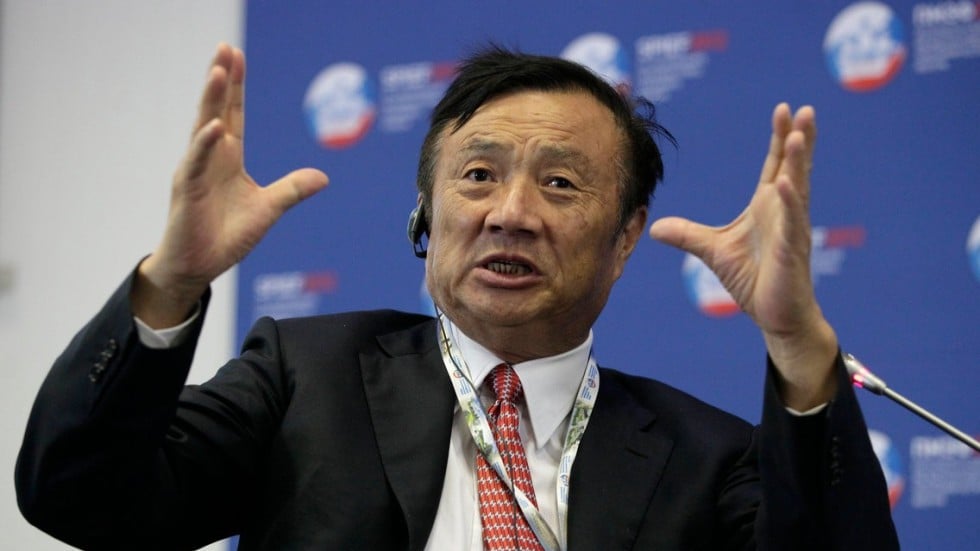https://youtu.be/XxwX8CRvSks
Goldman Sachs Group Inc should follow up on its apology to Malaysia with a payment of US$7.5bil (RM30.86bil), says Lim Guan Eng.
The Finance Minister said a mere apology from the investment bank over the scandal-ridden 1Malaysia Development Bhd (1MDB) is not enough, unless they pay reparations and compensation.
Lim said Goldman Sachs should understand the agony and trauma suffered by Malaysians as a result of the scandal.
“An apology is not enough.
“An apology with US$7.5bil is what matters.
“At least he (Goldman Sachs CEO David Solomon) accepted that they have to bear and shoulder some responsibility but that is insufficient.
“They have made provisions of around US$561mil (RM2.3bil) but that is not adequate.
“We are seeking US$7.5bil,” he told a press conference here yesterday after announcing the names of the joint lead arrangers for the Samurai bond.
On Thursday, Solomon apologised to Malaysians for former banker Tim Leissner’s role in 1MDB.
Solomon also said it was very clear that Malaysians were defrauded by many individuals, including the highest members of the previous administration.
Asked if Malaysia would drop charges against Goldman Sachs with the US$7.5bil payment, Lim quipped: “US$7.5bil ... then we can discuss lah”.
Lim added that it was very clear who the top government official Solomon was referring to as there could only be one person.
“You worked hand in hand, and there has to be accountability. It also involved a breach in fiduciary duty, and I think the banking industry has this obligation to make good the losses that we suffered.
“I think this is at least an admission.
“If not for the change of government, do you think Goldman will apologise? We’re dealing with the largest investment bank in the world,” he said.
Lim added that he found it distressing that Datuk Seri Najib Tun Razak still refused to admit there was something wrong with 1MDB and the entire exercise.
He also lambasted the former premier for passing the buck to Goldman Sachs, and for being in a state of denial for refusing to admit that Malaysians suffered huge losses due to the scandal.
By Royce Tan The Star
Goldman Sachs CEO apologises for ex-banker’s role in 1MDB scandal

NEW YORK: Goldman Sachs Group Inc chief executive officer David Solomon (pic) has apologised to the Malaysian people for former banker Tim Leissner’s role in 1Malaysia Development Bhd (1MDB) scandal, but said the bank had conducted due diligence before every transaction.
Goldman is being investigated by Malaysian authorities and the US Department of Justice (DOJ) for its role as underwriter and arranger of three bond sales that raised US$6.5bil (RM26.7bil) for the sovereign wealth fund.
US prosecutors last year charged two former Goldman bankers for the theft of billions of dollars from 1MDB. Leissner, a former partner for Goldman Sachs in Asia, pleaded guilty to conspiracy to launder money and violate the Foreign Corrupt Practices Act.
“It’s very clear that the people of Malaysia were defrauded by many individuals, including the highest members of the prior government,” Solomon said on conference call discussing the bank’s fourth-quarter results in a report by Reuters.
Solomon said Leissner denied the involvement of any of Goldman’s intermediaries in transactions with 1MDB.
An attorney representing Leissner did not immediately respond to a request for comment.
Roger Ng, the other charged former Goldman banker, was arrested in Malaysia at the request of US authorities and is expected to be extradited, according to John Marzulli, a spokesman for the prosecution.
The DOJ has said that US$4.5bil (RM18.5bil) was allegedly misappropriated by high-level officials of the fund and their associates between 2009 and 2014.
As part of Goldman’s due diligence efforts, Solomon said the bank sought and received written assurances from 1MDB and International Petroleum Investment Co (IPIC) that no third parties were involved in the first two bond sales.
Abu Dhabi’s IPIC had co-guaranteed the 1MDB bonds when they were issued in 2012.
In the final offering, the Malaysian government itself, along with 1MDB, represented that no intermediaries were involved, he said.
“All these representations to Goldman Sachs have proven to be false,” Solomon said.
Goldman Sachs did not disclose any other information about its involvement with 1MDB, but said the impact on its client franchise had been de minimis. Shares of the bank, which reported strong fourth-quarter results earlier in the day, have fallen over 25% in the last three months, after headlines about its involvement with the sovereign wealth fund emerged.
The Malaysian government said in December it was seeking up to US$7.5bil (RM30.8bil) in reparations from Goldman over its dealings with 1MDB. – Reuters
In an immediate reaction yesterday, former Prime Minister Datuk Seri Najib Tun Razak said Goldman Sachs had to take responsibility because they were appointed and paid by 1MDB to take care of Malaysian’s interests.
“We put up a system, the system was there to take care of our interests, you see.
“So if they fail, then they have to take responsibility, because they were appointed and paid by 1MDB to take care of our interests,” Najib said.- The Star
Related:












